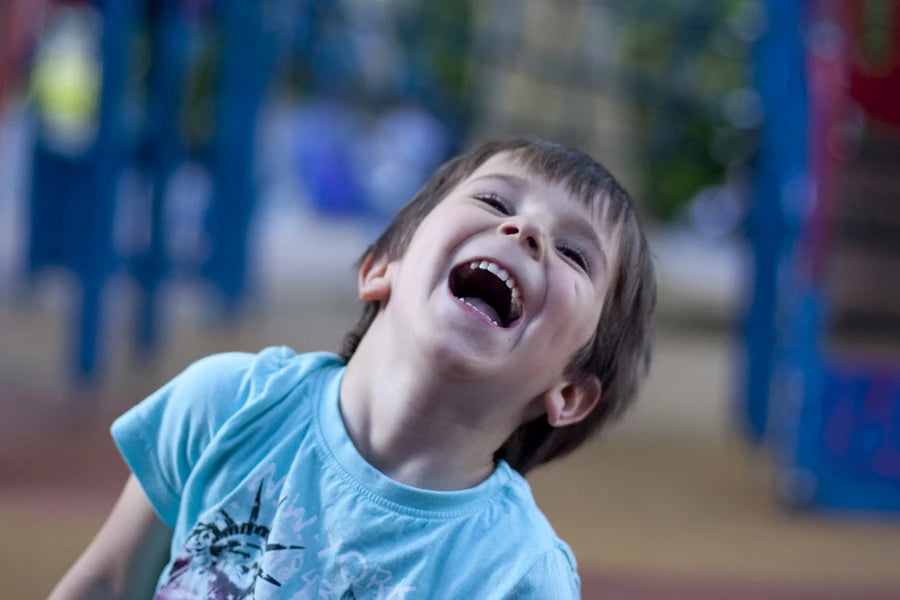
ADHD Research Peer-Reviewed By Children
By Asian Scientist Newsroom
August 7, 2017
Source Article: https://www.asianscientist.com/2017/08/in-the-lab/adhd-brain-scan-children/
Brain scans of children with AHDH have shown that differences in the activation of the striatum could explain their difficulty in focusing
AsianScientist (Aug. 7, 2017) - In an unusual move, scientists at the Okinawa Institute of Science and Technology Graduate University (OIST) have published their research on attention deficit hyperactivity disorder (ADHD) in Frontiers for Young Minds, an electronic scientific journal whose primary audience comprises children from elementary and junior high schools. Their work revealed that activity in the striatum of children with ADHD is different from that in normal children during reward-based learning.
ADHD is a disorder of the brain causing affected individuals to be inattentive or to exhibit hyperactive and impulsive behavior that interferes with learning and development.
“Kids with ADHD are often misunderstood and thought of as ‘problem kids’ in school and by parents,” said Dr. Emi Furukawa of OIST. “They tend to have more difficulties in everyday activities, sometimes remaining through adulthood, and we want to find out why that might be.”
Even though pharmacological treatment is available for ADHD, its efficiency is limited due to a lack of understanding of the neurobiology of ADHD.
“We do have some behavioral and pharmaceutical interventions reducing the symptoms of ADHD, but we do not know exactly why they sometimes work and sometimes don’t. We also lack understanding of the potential side effects of such treatments,” added Furukawa. “So we want to know exactly what might be happening in the brains of children with ADHD to better refine the interventions for them.”
In this study, a group of college students with or without ADHD completed a simple task in a functional magnetic resonance imaging (fMRI) scanner that measured activity in the striatum when waiting for a reward and when the reward was delivered. Through the fMRI brain scans, the study revealed that the striatum of students without ADHD was much more active in anticipation of the reward, potentially helping them to focus onto the task at hand, knowing reward was likely to follow.
However, students with ADHD displayed the opposite pattern: receiving the reward triggered higher activity in the striatum compared to the anticipation the prize. This may negatively impact the ability of children with ADHD to stay focused if there is no instant gratification.
“As psychologists, we have known that children with ADHD need to be rewarded more frequently,” said Furukawa. “But parents and teachers have a hard time doing so because they wonder ‘why do I have to more often reward children who misbehave?’”
Thus, Furukawa thinks that providing neurobiological-based explanations about ADHD might make more sense to caregivers or parents and help encourage them to implement a behavior management strategy that benefits children with ADHD...
Leave a comment
Also in ADHD Natural News

The ADHD Overdiagnosis Epidemic Is a Schooling Problem, Not a Child One



